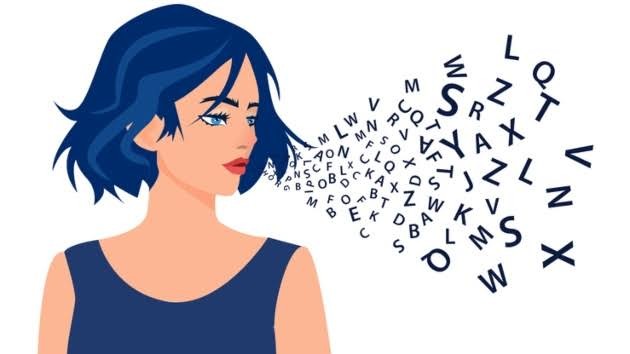
My pronunciation isn't good, when I tried to speak people have difficult understand me and when I read a text out loud, I usually pronounce the words wrong or don't know how to pronounce them, so I started to search for ways to improve it. I found an alphabet, but for pronunciation.
I look up for the phonemes that are used in English and in my native language, then I separated the phonemes I already use from those who I don't. Now, I'm going to learn how to pronounce them, trying to repeat what I'm hearing and seeing the right position of the mouth and tongue on videos.
Do you know about IPA? If yes, how do you study it? Do you know other ways to improve pronunciation? Leave a comment, I'd love hear about it.
P.S.: Link to Interactive IPA Chart: https://www.ipachart.com/
Link to video with sounds that exist in Portuguese and English: https://youtu.be/rtctcwoA9Qs
Link to video with sounds that only exist in English: https://youtu.be/pnCf0ojl3Ck
Hi @AnJu! I teach English in the US (including a lot of pronunciation). My favorite book is "Clear Speech" by Judy Gilbert. However, it's a classroom textbook, so it's a little difficult to use on your own.
But... one thing she talks about a lot is "reduced pronunciation". This means that certain syllables and words are typically not pronounced clearly, or sometimes not at all. For example, the word "to" is usually pronounced "tuh" or even "t-” by native speakers, and sometimes omitted altogether, such as saying "wanna" instead of "want to". Often when foreign speakers have difficulty being understood in English, it's because they are not using reduced pronunciation. If you want to know more, there's a youtube channel called "Sensible English" that has some videos (I made them for my students).
IPA can be helpful, but it's not used much in the US.
Good luck and I hope you have fun working on pronunciation!
And great job on the post too! It was very well written!
@KatyaBarta, I will definitely read and check out your channel, thank you very much.
Hi AnJu,
I know the IPA and find it quite usefull. I got to know it a university, where the linguistic students had to practice using it. I just started getting more into it recently, when I started learning Italian and Catalan and I find it really helpfull, especially for the latter.
A tip I've heard many people use is reading along with audiobooks. For this, you need an audiobook (obviously), but also the written book. Then you listen to a paragraph of the audiobook and repeat it afterwards. You could also record yourself to check where your pronounciation is a bit off. As a last step, you could even try to shadow the audiobook, that's to say read out loud while the audiobook is running. I did this for Italian a few times and it helped me to get a feeling not only for the pronounciation but also intonation. However, when using this method you should be aware of the accent you want to learn and pick the audiobook accordingly.
Hi AnJu, I think you may already be doing this, but I'll mention it anyway. Make sure to record yourself and listen to the recordings at least occasionally. It's not always easy to observe what you really sound like "from the inside" while you're also concentrating on pronunciation.
@MimmiCaro and @jace thanks for your tips.